I present: The Mcdonnell Douglas DC-9-15. The DC-9 is twin engine, narrow-body, short-to-medium haul jetliner, that first flew in 1965. Launched in December 1965 with Delta Airlines, the DC-9 was highly successful all over the world. Design studies by the Douglas Aircraft Company began in late 1950s, with the aircraft borrowing much of it’s avionics from the earlier Douglas DC-8. Initially during development, it looked like the DC-9 would be a bit of a flop, as there was minimal interest in the aircraft, many airlines initially looking for the upcoming BAC One-Eleven. But after that aircraft’s initial prototype crashed after experiencing a phenomenon at the time not known (Deep Stall; were an aircraft, T-tail aircraft such as the DC-9 and One-Eleven in particular, stalls in such a manner that airflow over the elevators is insufficient for them to manipulate the pitch, effectively a shadow on top of the wings and tail, and rendering the aircraft effectively incapable of recovering), killing everyone on board, including several key members of the design team, the DC-9 became the better choice for many airlines. The DC-9 would learn from this incident, and incorporated several aerodynamic changes after the discovery of the deep stall phenomenon. The aircraft was actually a little too popular, with so many orders, a backlog began to form for DC-9s, and Douglas’s manufacturing facilities began stretched to thin, and effectively forced Douglas to merge with Mcdonnell, another aircraft manufacturer, to become McDonnell-Douglas. The DC-9 spawn a whole family of jets, DC-9 Series 10/20/30/40/50/60/70, the MD-80/81/82/83/87/88, MD-90 and the Boeing 717. One operator of DC-9s was the US regional carrier Southern Airways. Based in Atlanta, the airline was founded in 1944. It was a rather reputable airline and until 1970 the airline had spotless safety record. In 1968, the airline introduced the DC-9 to their fleet, operating 45 DC-9-14/15/31/33F aircraft. They would be the mainstay of the airline, but in 1970, a DC-9-31, Southern Airways 932, carrying the Marshall University football team, experience a CFIT accident while on decent to Huntington, Virginia, killing all 75 aboard. Then 7 years later, Flight 242, another DC-9-31, flew into a hailstorm after taking off from Huntsville, Alabama. The hail disabled both engines, and the aircraft made a crash landing on a highway running through small town of New Hope, killing 72 (63 aboard, 9 on the ground, with 22 people aboard the aircraft surviving). These accidents, as well as the rising popularity of automobiles, and rising oil prices led to Southern Airways merging with another airline to become Republic Airlines. The DC-9 as a whole a checkered safety record with 156 of all 976 DC-9s built being lost in accidents with nearly 3700 fatalities. Despite this, the DC-9 family is remember relatively favorably by many (Including myself), and it’s effect on aviation is hard to ignore.
AG groups in craft instructions, please leave feedback in the comments, Enjoy!
Specifications
Spotlights
- DJRianGamerTheHololiveFan 1.7 years ago
- dabestsock 6 months ago
General Characteristics
- Successors 3 airplane(s) +63 bonus
- Created On Windows
- Wingspan 47.2ft (14.4m)
- Length 58.2ft (17.7m)
- Height 15.1ft (4.6m)
- Empty Weight N/A
- Loaded Weight 16,643lbs (7,549kg)
Performance
- Power/Weight Ratio 4.05
- Wing Loading 71.5lbs/ft2 (349.1kg/m2)
- Wing Area 232.8ft2 (21.6m2)
- Drag Points 9574
Parts
- Number of Parts 263
- Control Surfaces 7
- Performance Cost 1,098

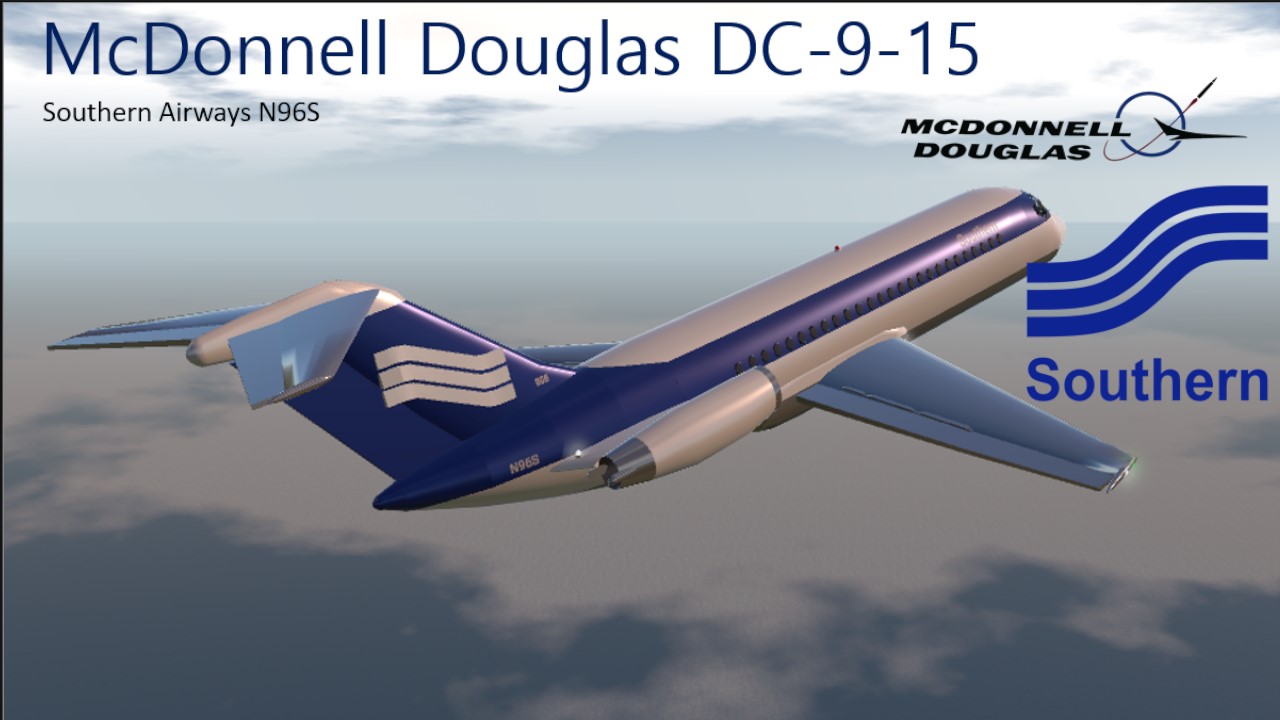
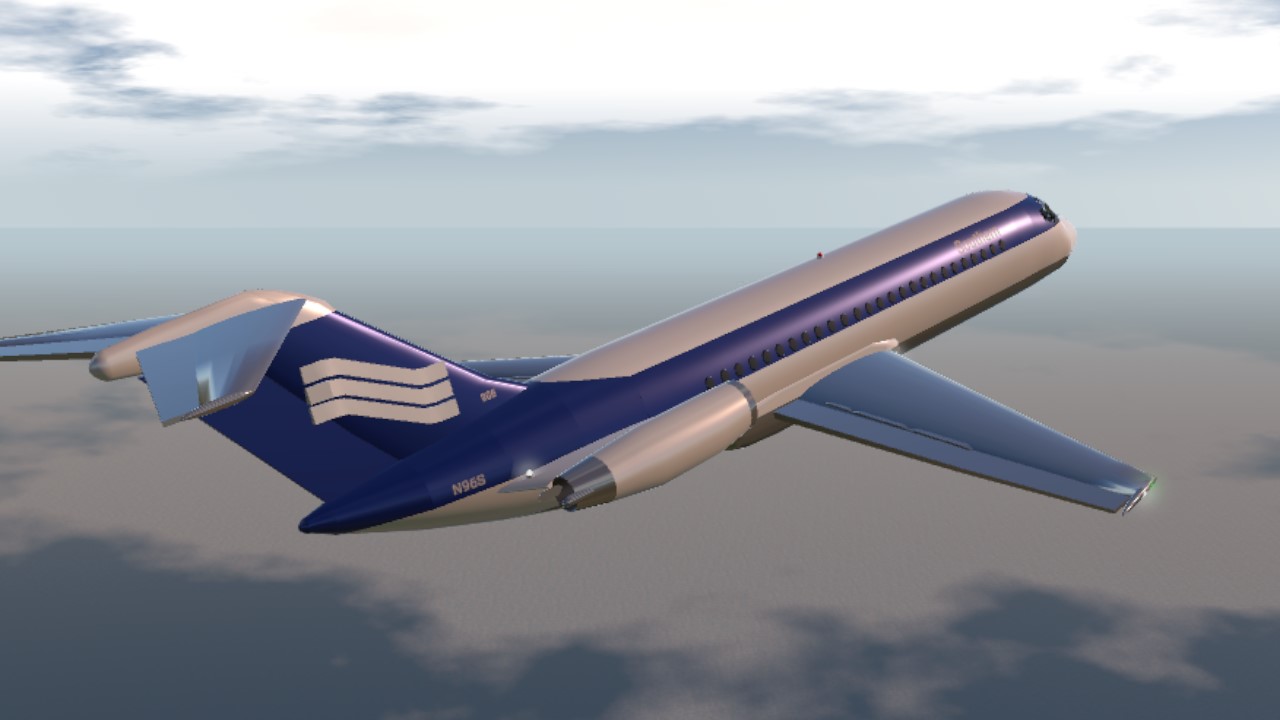
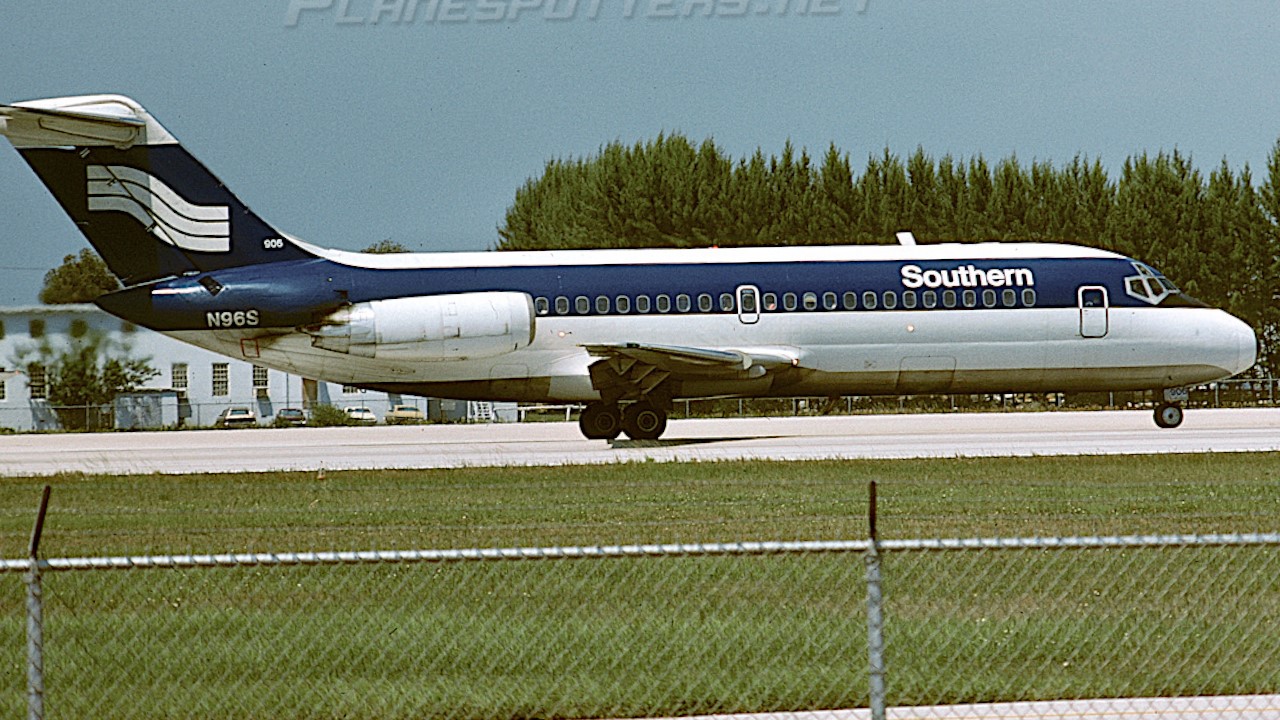
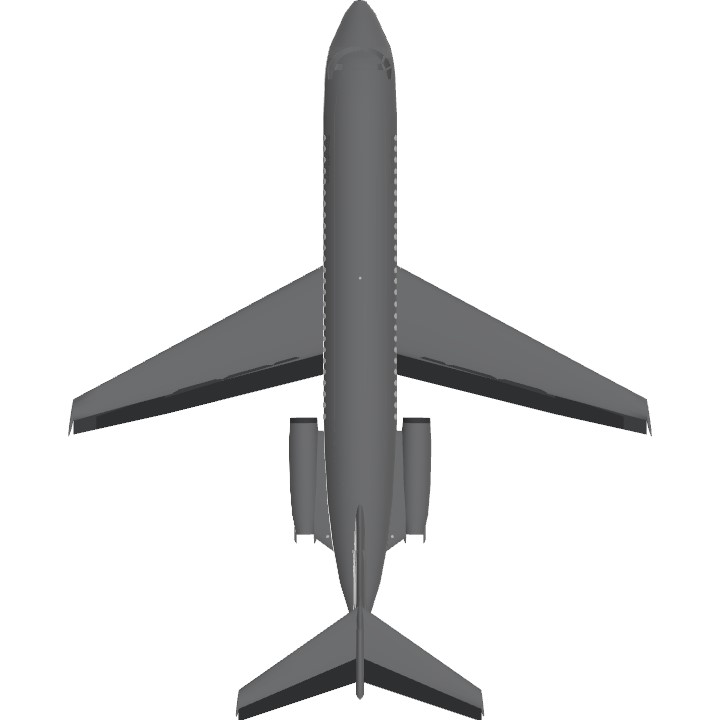
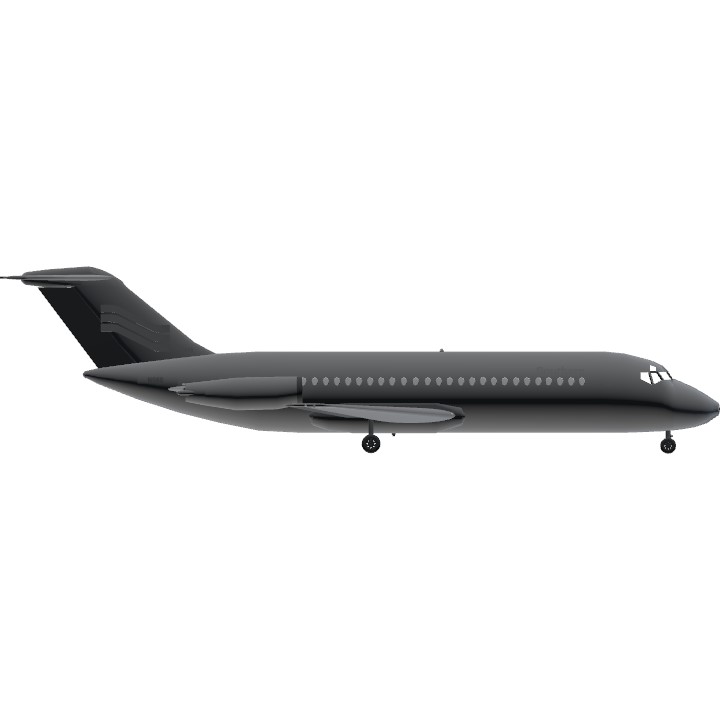
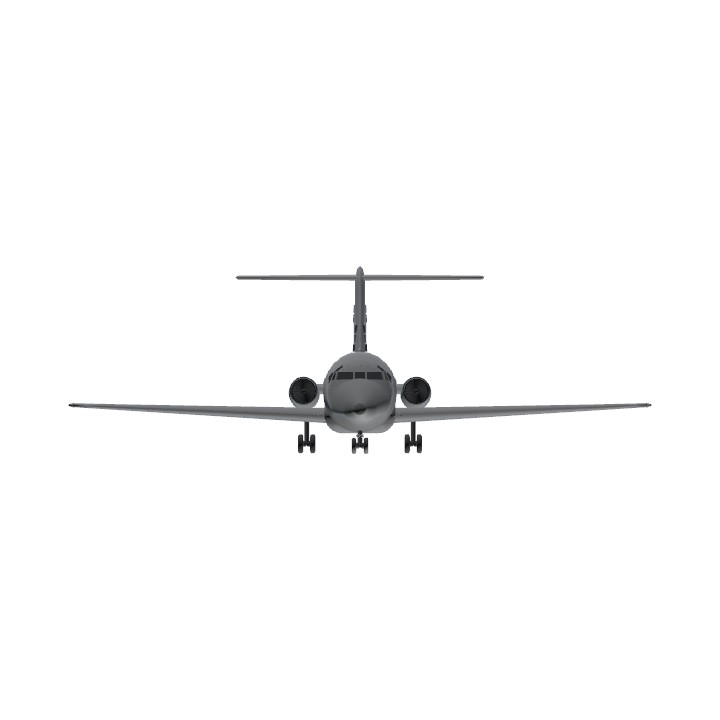
@ZacOnTrack can you do a Southern Airways with a @mapa Plane
DC-9
Anyone who wants the Wikipedia link
Southern Airways Flight 242
Bros 1.20
@ZacOnTrack uh oh I hit the pole🤭🤭🤭
@BeechcraftA35 "As I looking out at the front of the left engine, I saw more and more dents be put into the cowling around the engine and into the cone at the front of the engine, and the engine was making sounds like it was quitting" -Don Foster, passenger, Southern 242
I ate the engines
Flight 242